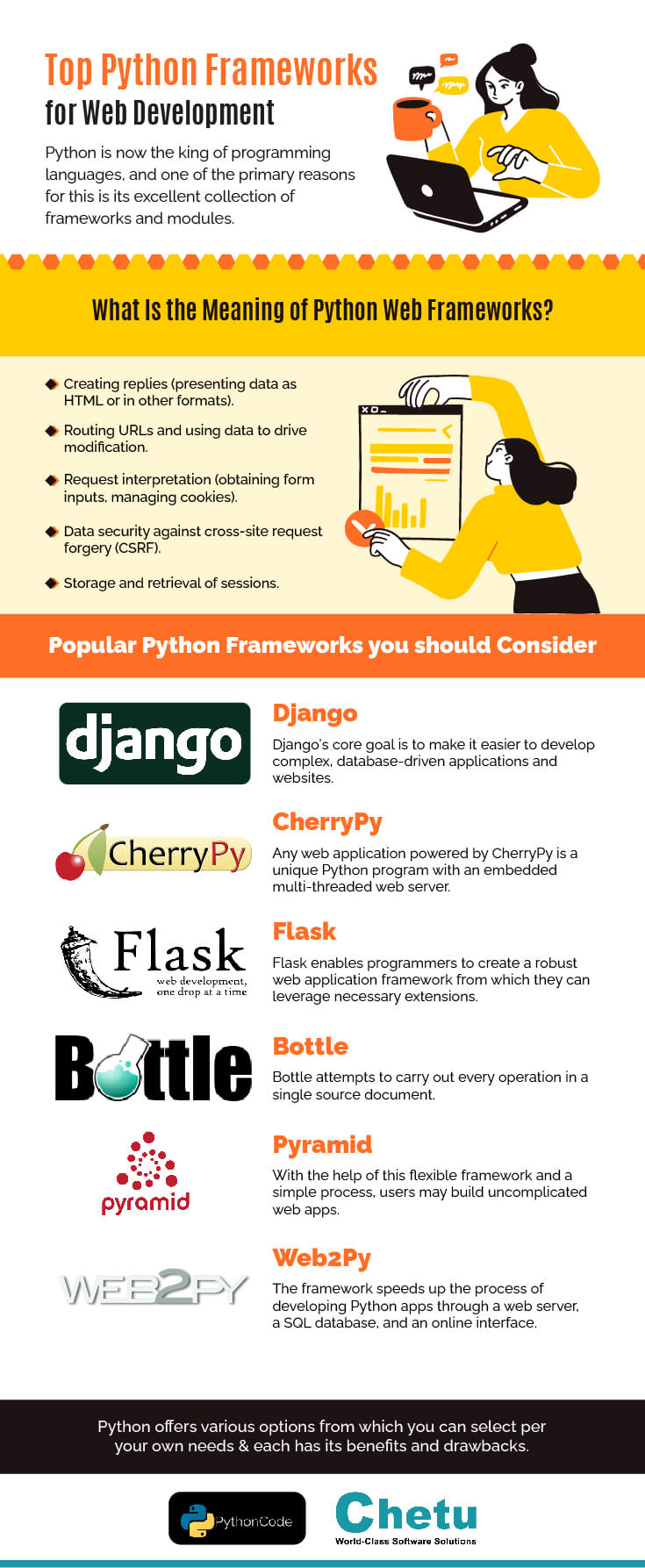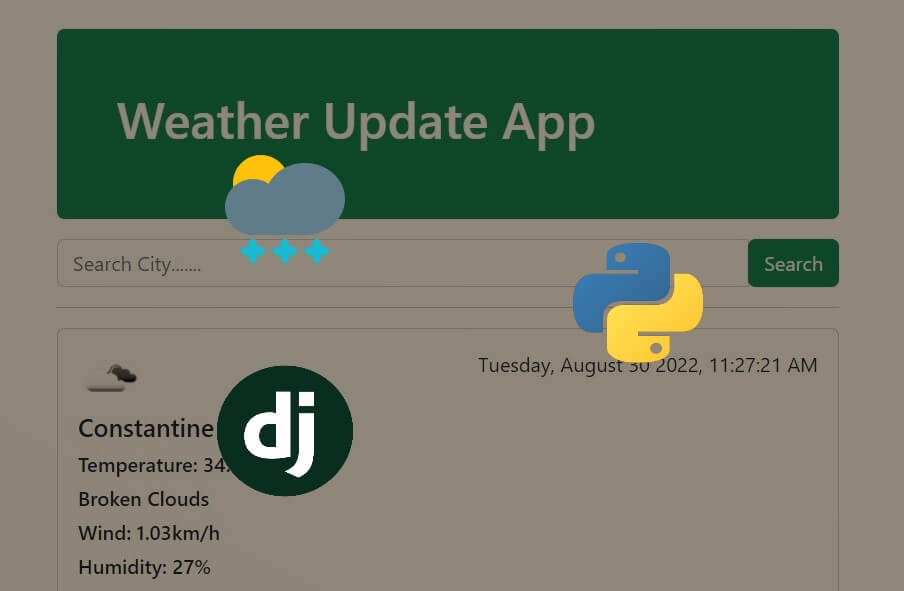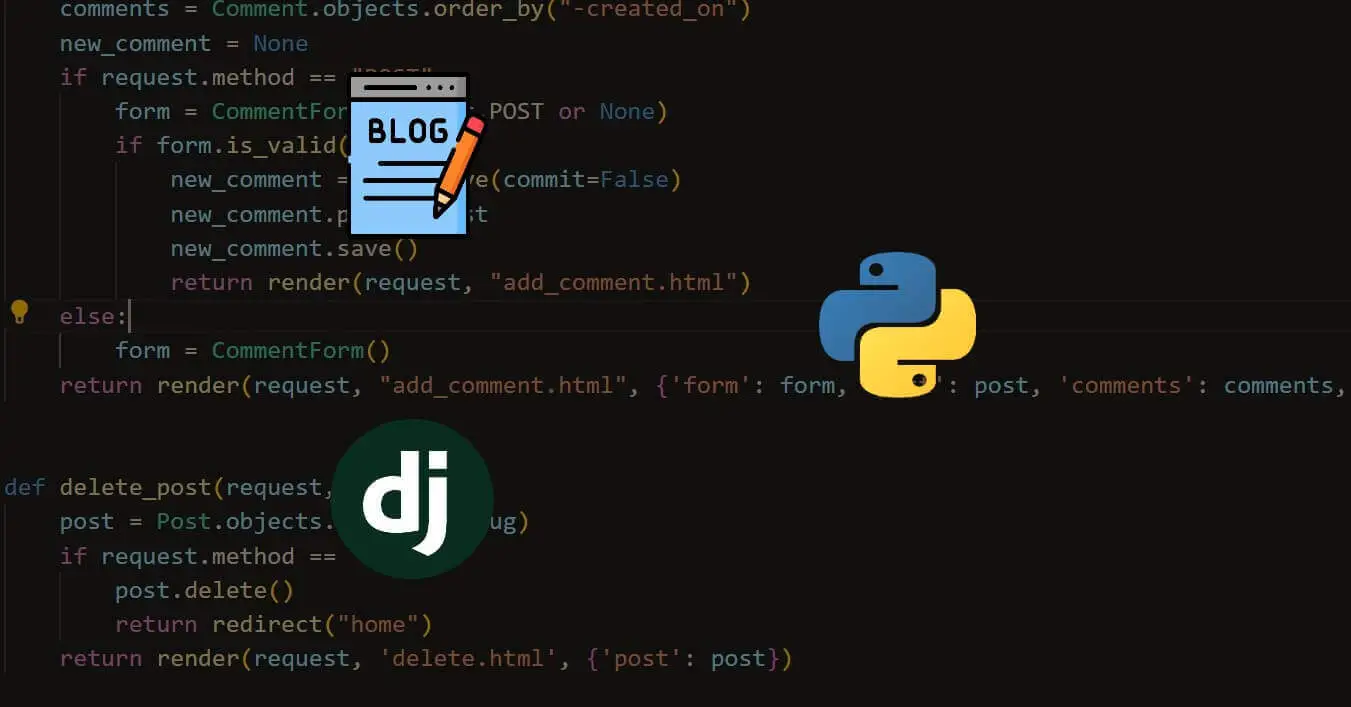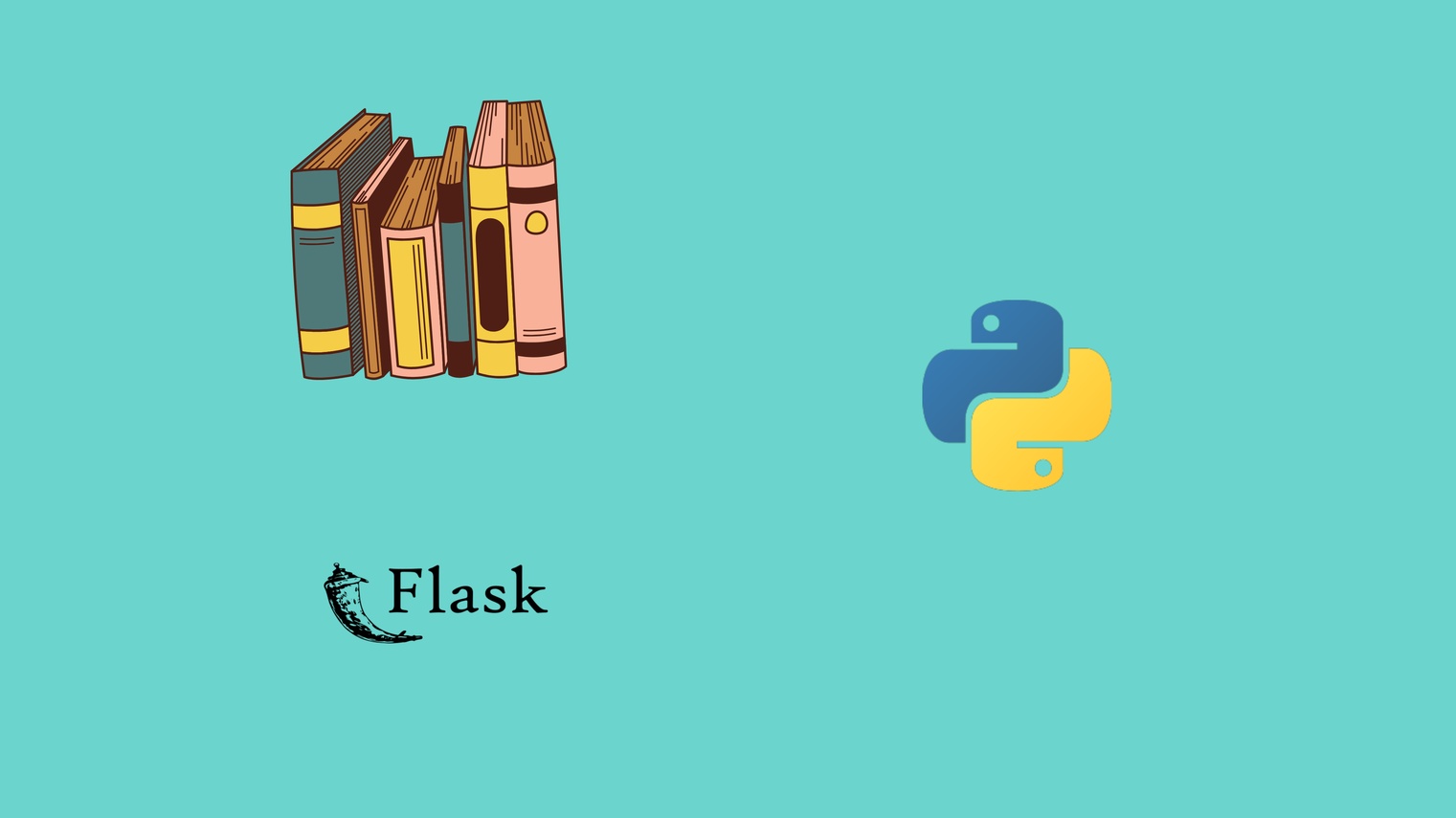Want to code faster? Our Python Code Generator lets you create Python scripts with just a few clicks. Try it now!
The direction of Python's movement is surprisingly upward. Undoubtedly, the demand will continue, and there are no immediate indications that it will decrease. Python is now the king of programming languages, and one of the primary reasons for this is its excellent collection of frameworks and modules. Regarding website development, it most likely boasts the most powerful, dynamic, and productive frameworks.
Python frameworks are a popular choice for web development among many of today's major digital organizations, including Netflix, Instagram, and Google. The infrastructure team at Facebook also uses Python.
Businesses use Python with large & traffic-loaded websites that receive millions of user requests daily, and Python helps them maintain their outstanding performance. Python is an interactive, object-oriented, and powerfully constructed programming language. Its simple-to-learn and simple-to-read features significantly reduce the development time.
In recent years, as more and more individuals began studying Python for Web Development, the popularity of Python has skyrocketed. If you also want to learn and understand the best programming language and skills, you can join KnowledgeHut programming training to get upskilled.
 Source: Chetu - P2P LENDING SOFTWARE DEVELOPMENT
Source: Chetu - P2P LENDING SOFTWARE DEVELOPMENT
Table of contents:
- What Is the Meaning of Python Web Frameworks?
- Popular Python Frameworks You Should Consider
- Conclusion
- FAQs
What Is the Meaning of Python Web Frameworks?
Python frameworks for the web are a collection of packages that support web application developers in writing Python code. Developers may use it without dealing with low-level features like multiple protocols, sockets, or process/thread management. Frameworks allow programmers to concentrate on websites instead of more basic everyday activities by automating the implementation of essential solutions.
Web development frameworks give website developers, web designers, and system administrators the ability to build a structure by providing a default model for app organization that is quick, precise, and simple to maintain. Python web framework will assist you in the following tasks:
- Creating replies (presenting data as HTML or in other formats).
- Routing URLs and using data to drive modification.
- Request interpretation (obtaining form inputs, managing cookies, and sessions).
- Data security against cross-site request forgery (CSRF).
- Storage and retrieval of sessions.
Let's now review the most popular and effective Python web framework to assist you in developing websites.
Popular Python Frameworks You Should Consider
Here are some of the best Web development frameworks for Python developers. The list includes both microframeworks & full-stack frameworks, giving you the option to choose the extension to construct your web application.
Django
The Django framework is free and open-source, enabling programmers to create intricate code and applications quickly. The significant advantage of Django is that it strives to provide all necessary functionality by default instead of delivering it as independent libraries.
Django's core goal is to make it easier to develop complex, database-driven applications and websites, which are what most modern web applications are. More than 12,000 notable projects are built with the Django framework. Additionally, it is one of the more experienced Python web development frameworks. Django is a tremendously fast, secure, and scalable framework, making it ideal for modern Internet applications.
Here are Django's key characteristics:
- A robust yet easy-to-use URL system.
- A caching framework is a collection of cache technologies.
- The database was written in an object-oriented programming language that provides the most significant data storage and recovery.
- Assists you in defining patterns for the URLs in your app.
Here are some of our Django tutorials:
- How to Make a Blog using Django in Python
- How to Build an Authentication System in Django
- How to Build a Weather App using Django in Python
- How to Build a CRUD Application using Django in Python
- How to Build an English Dictionary App with Django in Python
CherryPy
CherryPy is a sought-after object-oriented, open-source Python framework with a minimalist style. Any web application powered by CherryPy is a unique Python program with an embedded multi-threaded web server & may be launched on any operating system that supports Python. Any technology with a helpful web framework may be used for data access, templating, and other purposes.
CherryPy's key characteristics:
- A stable, HTTP/1.1-compliant web server with WSGI thread pooling.
- A variety of pre-built technologies for authentication, sessions, caching, encoding, and static content.
- A robust configuration mechanism that is suitable for both developers and deployers.
- Simplifies the operation of several HTTP servers at once.
Flask
Based on the Ruby framework, Flask is a Python framework available under the BSD license. Flask enables programmers to create a robust web application framework to leverage necessary extensions. Large corporations like Pinterest and LinkedIn have adopted Flask. Unlike Django, Flask is better suited for straightforward, simple projects.
Flask's key characteristics:
- The server and debugger for development have already been installed.
- Enables the use of secure cookies to create client-side sessions.
- Several extensions offered by the community make it easier to integrate additional functionality.
- Support of any ORM plugin.
- Jinja2 templating is used (filters, macros, and tags).
Here are some of our Flask tutorials:
Bottle
The Bottle web framework is one of the top Python web frameworks and a member of the small-scale framework category. One of the significant benefits of utilizing Bottle is that it enables programmers to collaborate more closely with the hardware.
Bottle attempts to carry out every operation in a single source document. Apart from the Python standard library, it has no further dependencies. The bottle is a good choice for understanding how web frameworks are organized, prototyping, and creating simple personalized apps. It establishes basic personal-use programs and provides a good learning environment for Python frameworks and experimentation.
Bottle's key characteristics:
- The simplified syntax allows for clean and dynamic URL routes for mapping.
- Support for WSGI/HTTP servers and third-party template engines through adapters.
- It allows data, cookies, file upgrades & uploads, & HTTP information to be easily accessed.
- Support for several databases by plugins.
- Speed enhancements for high performance and testing.
Pyramid
Pyramid's popularity is steadily increasing. The majority of experienced developers are on board with it. The open-source Python-based web development framework's core purpose is to do as much as possible with little complexity.
With the help of this flexible framework and a simple process, users may build uncomplicated web apps. The Pyramid's versatility, which allows it to function effectively in both small and large-scale applications, is its most appealing feature. Expanding it according to the needs is also possible because of the abundance of resources accessible.
Pyramid's key characteristics:
- To work effectively with both small and large applications.
- Template design and asset specifications.
- URL mapping is performed using URL dispatch and WebHelpers to configure routes.
- Complete data documentation, testing, and support system.
Web2Py
The full-stack Python framework, Web2py, is another well-liked, scalable, and open-source option. To help you create and debug code and test and maintain online applications, Web2py includes a debugger, code editor, and deployment tool.
The framework speeds up the process of developing Python apps through a web server, an SQL database, and an online interface. A ticketing mechanism that generates tickets when an error occurs is the central part of Web2py. The customer is, therefore, encouraged to monitor the error and its progression.
Web2py's key characteristics:
- Enables rapid web construction and supports agreement over configuration.
- It has useful batteries that can quickly and effectively create various web apps without needing other tools or services.
- It allows developers to interact with widely used relational and NoSQL databases.
- An online IDE may speed up web development tasks, including clearing temporary internet files, modifying app files, running tests, and looking up old tickets.
Conclusion
Python offers various options that you can select based on your own needs. While different Python web development frameworks will be famous and in demand in the next few years, each has its benefits and drawbacks.
If you are unfamiliar with Python and would like to learn it or another programming language before investigating these frameworks, you may look into Knowledgehut programming training and learn programming in depth.
FAQs
1. What role does Python play in web development?
Python is commonly used to create the back end of a website or application—the elements that the website visitor does not see. Python's function in web development might include transferring data to & from the servers, processing data, URL routing, maintaining security, and interfacing with databases.
2. What are the benefits of Python frameworks?
The fundamental flow is contained in a framework; the developer builds the remainder. The main advantage of utilizing a framework rather than a library is flexibility. They are extendable and offer us the tools we need to expand their functionality.
3. How can I start a programming career?
You must learn at least one programming language if you want to pursue a profession in programming. You might work on projects that allow you to put your coding ability to the test with actual or hypothetical applications. To have a decent career in programming, it is recommended to master more than one programming language. You can join Knowledgehut programming training to get started.
4. What qualifications must I possess to become a programmer?
A degree in computer science, information technology, mathematics, or a related field is required for those who want to work as computer programmers. However, companies typically choose individuals with bachelor's degrees. Most companies hire entry-level computer programmers with associate degrees.
5. What is the time needed to become a programmer?
The time it takes to become a programmer can vary from three months to four years, depending on your dedication, the current degree of coding proficiency, time restrictions, and learning preferences. To earn a degree in programming, you must study for at least two years.
6. What are the various programming languages?
When examining programming in chronological order, there are low-level, medium-level, and high-level languages.
Low-level languages are computer dialects that may be executed directly on a system without compilation or interpretation.
Mid-level languages are a little harder for the computer to understand but more straightforward for the programmer.
Although high-level languages are user-friendly for programmers, they require more interpretation and compilation to execute.
7. What is the best programming language?
Two of the most well-liked languages in the startup sector are Python and JavaScript, and both are in great demand. Each of them has benefits and drawbacks of its own. If you're studying how to choose a programming language for your first job, you may select one based on what programming you want to accomplish.
8. Python or Java: which programming language should I learn?
Your goals should be taken into consideration while choosing a starting point. Those interested in web development, big data, cloud computing, and Android app development often use Java. Python is preferred by people who work in back-end programming, app development, automation, data science, and machine learning.
9. What do programming courses entail?
Computer programming is the cornerstone of computer science. This phase of software engineering, application development, and development includes translating ideas and theories into workable solutions. A programming course would tell you the fundamentals of computer programming and how to construct effective programs. Programming certification classes are an efficient technique for a professional to establish credibility.
10. Why is programming the way of the future?
The skill to connect with computers is crucial in the current digital world since our lives are dependent on them. Because most services and goods are becoming digital, many new occupations will depend on programming, and the number of existing jobs needing coding abilities will increase tremendously. In the future, there will be a greater need for talented programmers as IoT, AI, and automation become more prevalent.
Found the article interesting? You'll love our Python Code Generator! Give AI a chance to do the heavy lifting for you. Check it out!




Got a coding query or need some guidance before you comment? Check out this Python Code Assistant for expert advice and handy tips. It's like having a coding tutor right in your fingertips!